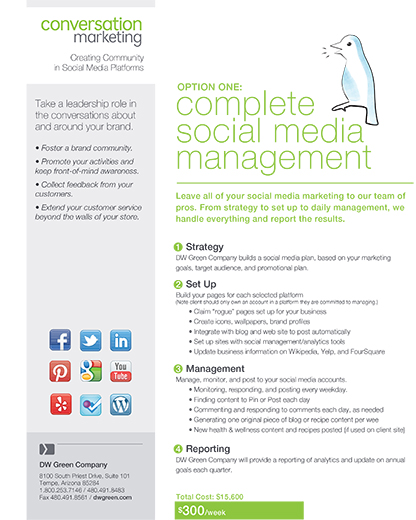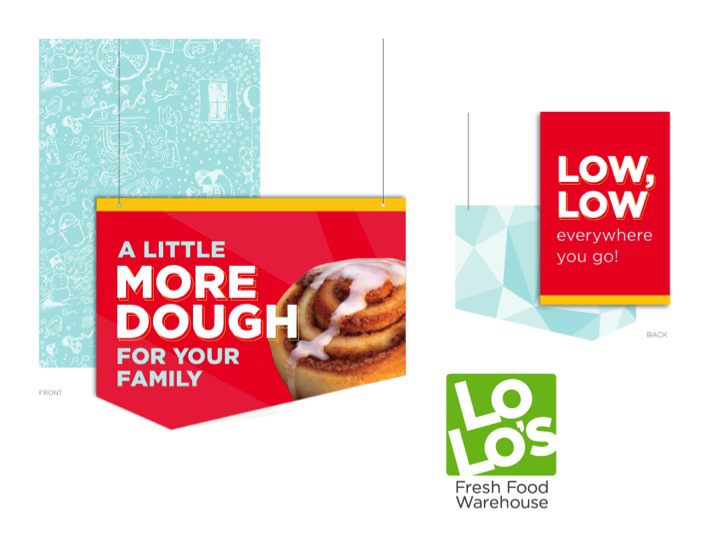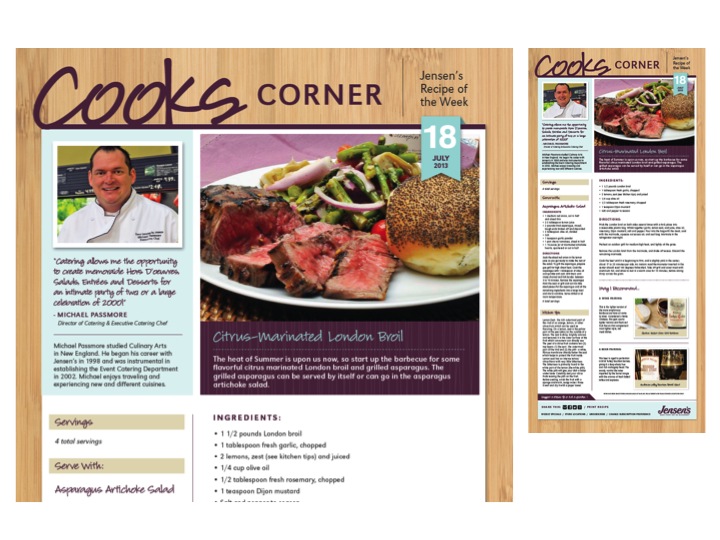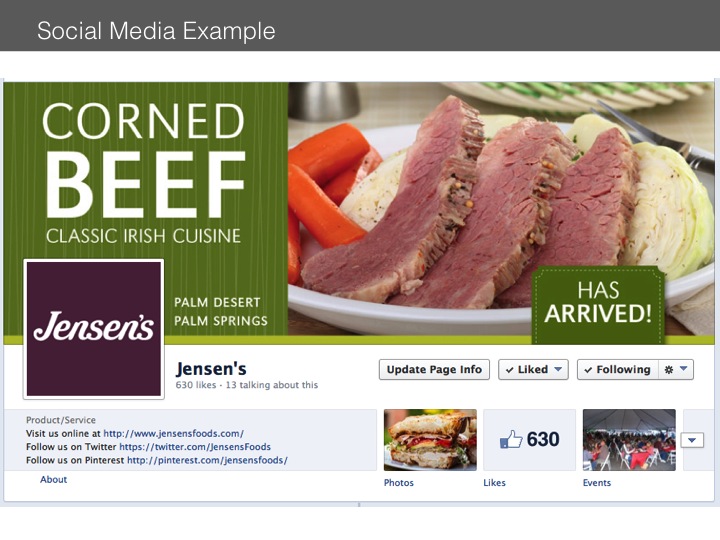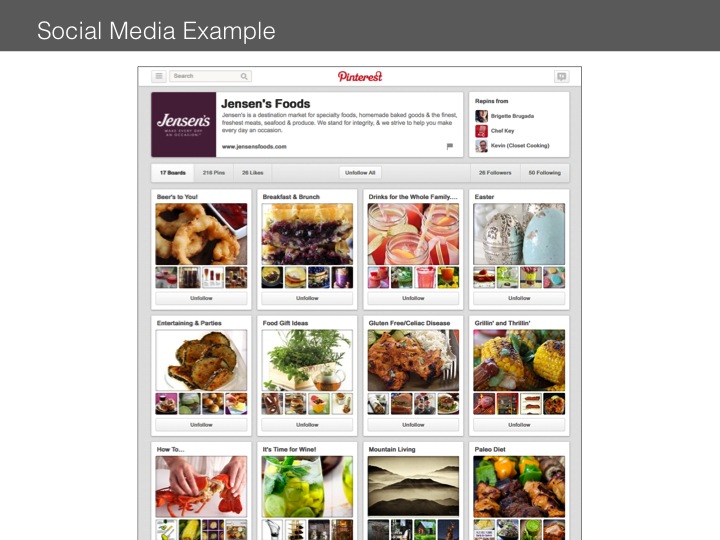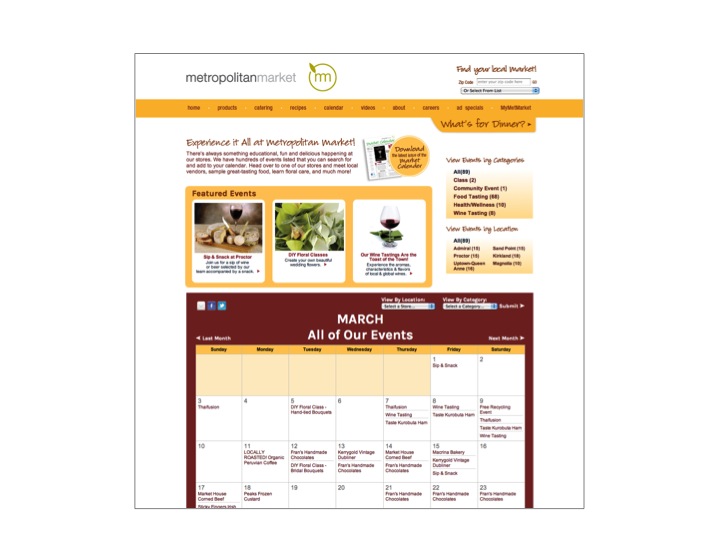DW's Blog
On Learning New Skills
by DW Green — January 27, 2021

I went from a failure, to someone who did things because I enjoyed them.
How To Have A Good Day
by DW Green — January 20, 2021

The ultimate form of self-reliance.
Read More – Inspired
...read moreBe The Person You Want To Be
by DW Green — January 13, 2021

Ultimately our actions determine whether we get there or not.
Read More – Help
...read moreLose Yourself
by DW Green — January 6, 2021

An extreme connectedness to this larger whole.
Read More – What do you want?
...read moreDon’t Let Your Attention Slide
by DW Green — December 30, 2020

Attention is a habit.
Read More – It was the worst of times, it was the best of times…
...read more“If you come to a fork in the road, take it.”
by DW Green — December 22, 2020

Not to hesitate our way out of living.
Opinions Are Like…
by DW Green — December 16, 2020

Things simply are.
Read More – Go ahead, make my day
...read moreJudgments Cause Disturbance
by DW Green — December 9, 2020

The observing eye sees what is.
Read More – Nurture vs Nature
...read moreThe Color Of Your Thoughts
by DW Green — December 2, 2020

If you hold a perpetually negative outlook, soon enough everything you encounter will seem negative.
Read More – To invest or not to invest, that is the questions
...read moreHappy Thanksgiving!
by DW Green — November 24, 2020

May you be blessed today and every day with Love, Peace, and Joy.




